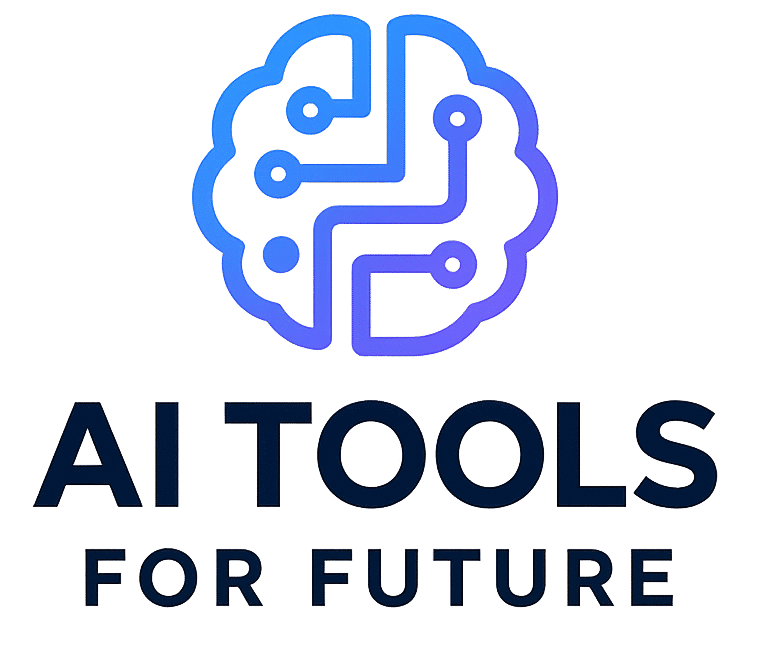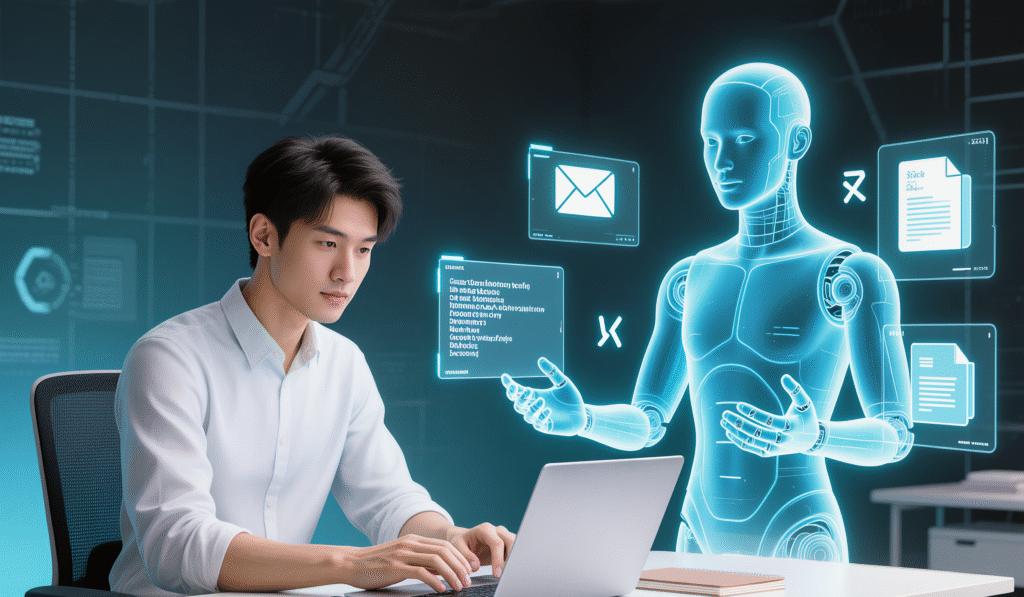
AI Agent has already changed the way we work, learn and engage with technology. Now, materials like AI copilots — think ChatGPT, GitHub Copilot or Microsoft Copilot — have become trusted digital companions to users, who use them to brainstorm ideas, write code and automate activities. But, we’re ready to step into something far more consequential: the era of AI agents.
When copilots help and inform, AI agents go further by taking action, working autonomously toward goals without human supervision. This movement from copilots to agents is the latest big step in the evolution of A.I.
What Are AI Copilots?
AI copilots are support that adds to what people can do. They’re programmed to help you write emails, debug code, summarise documents and come up with ideas.
Reactive— They want you to tell them what to do, or give them something to react to. For example:
- Get AI-powered suggestions for your code as you type.
- Microsoft Copilot can assist with writing reports or presentations.
- A chatbot can summarise and paraphrase text on command.
The Rise of AI Agents
The AI agents are the actual next stage of evolution. They need not be commanded and can act on their own initiative, make decisions, or perform multi-step tasks.
The most important characteristics of AI agents:
- Autonomy: Agents do not merely help – they perform tasks end to end.
- Alertness: They are responsive and proactive.
- Goal-directed reasoning: The agents proceed with some objective rather than a set task.
- Inter-operation: They integrate well with people, other agents, and external systems.
Why the Shift Matters?
Shifting from copilots to agents transforms not only workflows but also the future of work.
1. Efficiency Multiplied
Instead of gaining minutes on each task, agents save hours by handling full processes.
2.Smarter Decision-Making
And agents can put this data and algorithms to work in real time, making decisions as they weigh options.
3. Scalability
Companies can employ multiple agents to take care of operations — customer service, marketing, logistics — at an attention span scale.
4. Redefining Human Roles
As agents are increasingly doing repetitive work, humans can do creative, strategic and innovative work.
Real Life AI Agents: First examples of AI agents emerging.
- Customer Support: Help desk cleans issues, escalates when needed and follows up automatically.
- Healthcare: Healthcare workers keep track of patient records, spot outliers and share with providers.
- Financial: Independent trading bots improving portfolios on the fly.
- Project Management: Agents coordinate activities, allocate resources and meet deadlines.
Challenges Ahead
As with any leap in new technology, agents have had their share of challenges:
- Trust and Transparency: Individuals wish 2 know how agents act.
- Ethics and Bias: Autonomy is to be tempered with moral responsibility.
- Oversight: People need to stay “in the loop” so there is accountability.
- Skill Shifts: Workers require new skills in AI literacy, oversight and regulation.
Preparing for the Agent Era
Below, groups and people can ready themselves for this jump by:
- Trying agents early on – Begin with small projects.
- #10: Invest in AI Literacy — volunteers – Train teams to work with machines.
- Constructing Ethical Foundations – Specify the responsible behaviour of agents.
- Promote Collaboration – Help agents be partners, not substitutes.
Conclusion
The move from copilots to agents represents a pivot point in the evolution of AI. Copilots have demonstrated the potential of assistive intelligence, but agents point toward something even more transformative: systems that are autonomous and proactive, working in concert with people to reach grander aims. The future of AI is not just about help — it’s about partnership, initiative and even autonomy. The next great leap is here, and it’s agentic.
FAQs
- How does an AI copilot differ from an AI agent?
One action could be a question that the pilot asks, another an answer the copilot gives; yet another might represent an agent taking initiative and making progress on its own toward certain goals.
- Will AI agents replace copilots?
Not entirely. Copilots will still assist with guided tasks, but agents will handle more autonomous workflows. Both will coexist.
https://aitoolsforfuture.com/top-ai-website-builders/
- Which industries will gain the most from AI agents?
Impact is already being felt among early adopters in customer service, healthcare, finance, logistics, and project management.
- Where can businesses get started with AI agents?
Start with some pilot projects, invest in A.I. training and institute ethical guidelines for responsible use of the technology.




Pingback: Explore Agentic AI in 2025: Why the Future of Work Is Autonomous - AI Tools For Future
Pingback: Top 7 AI Agent Tools Transforming Businesses in 2025 - AI Tools For Future